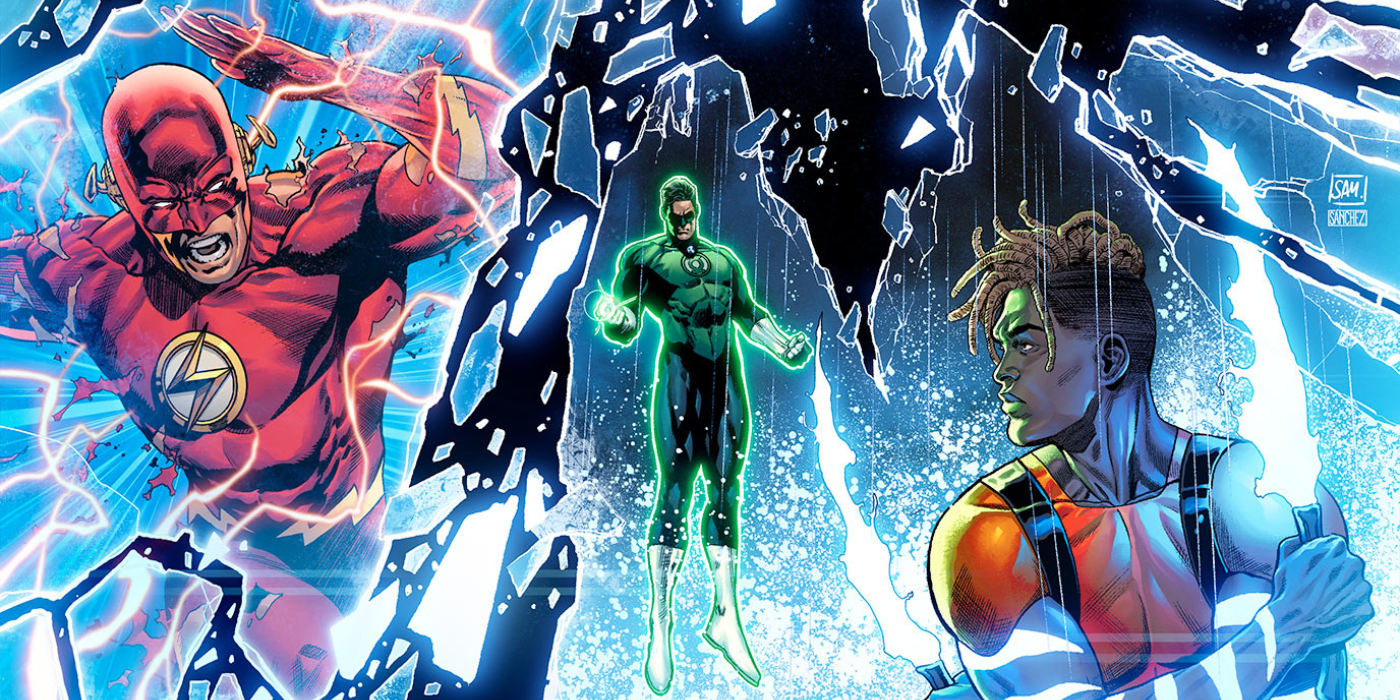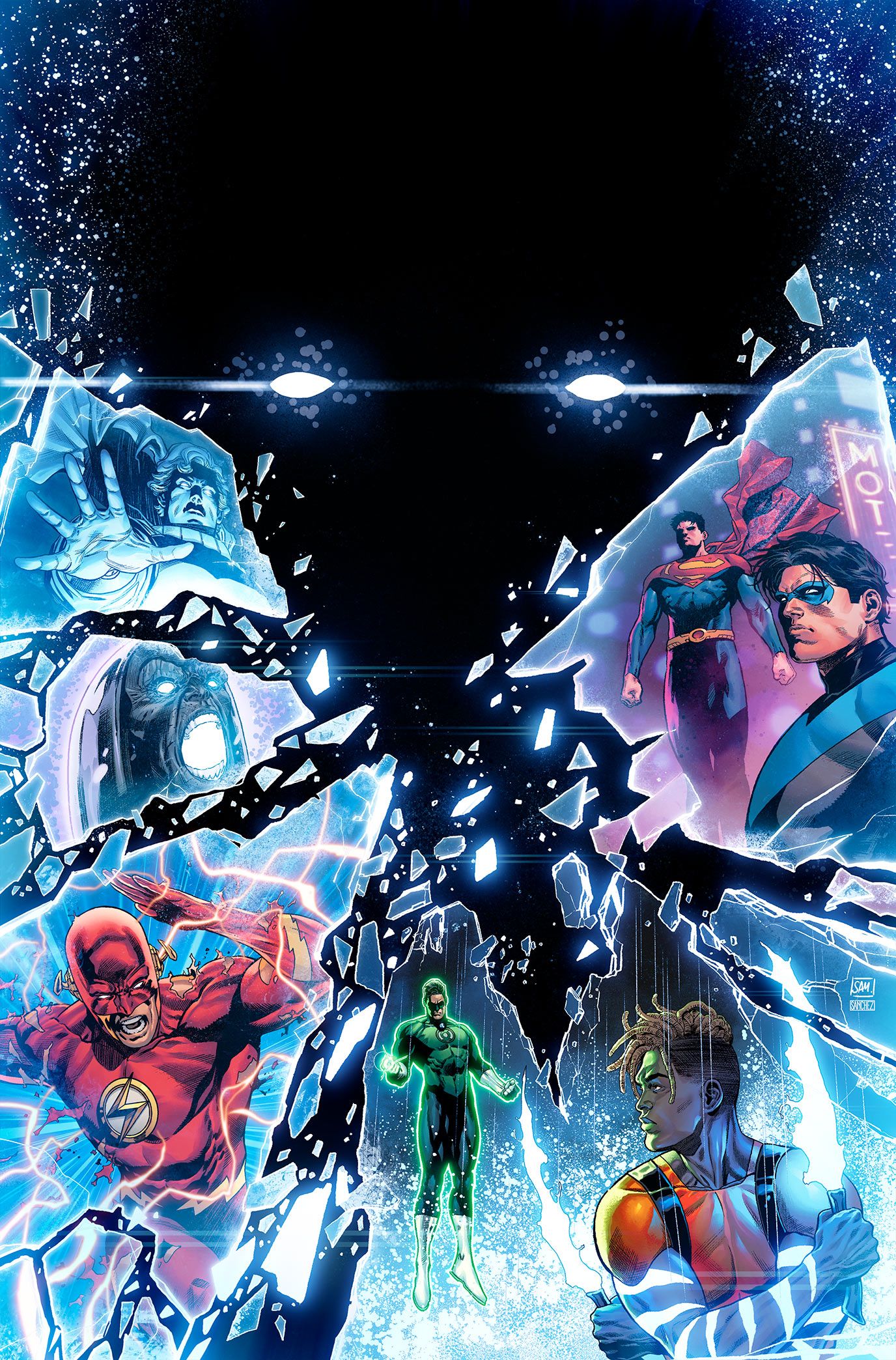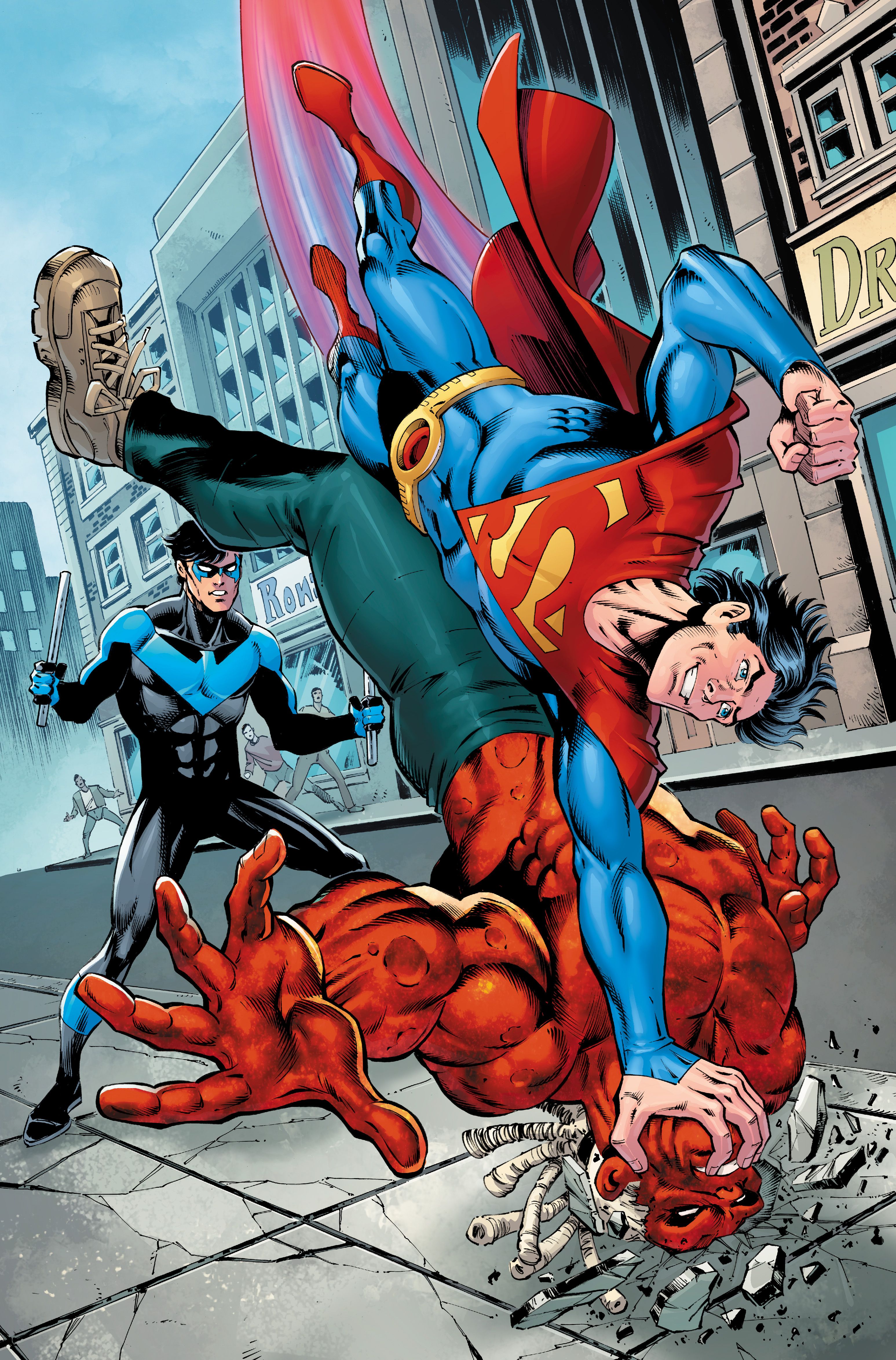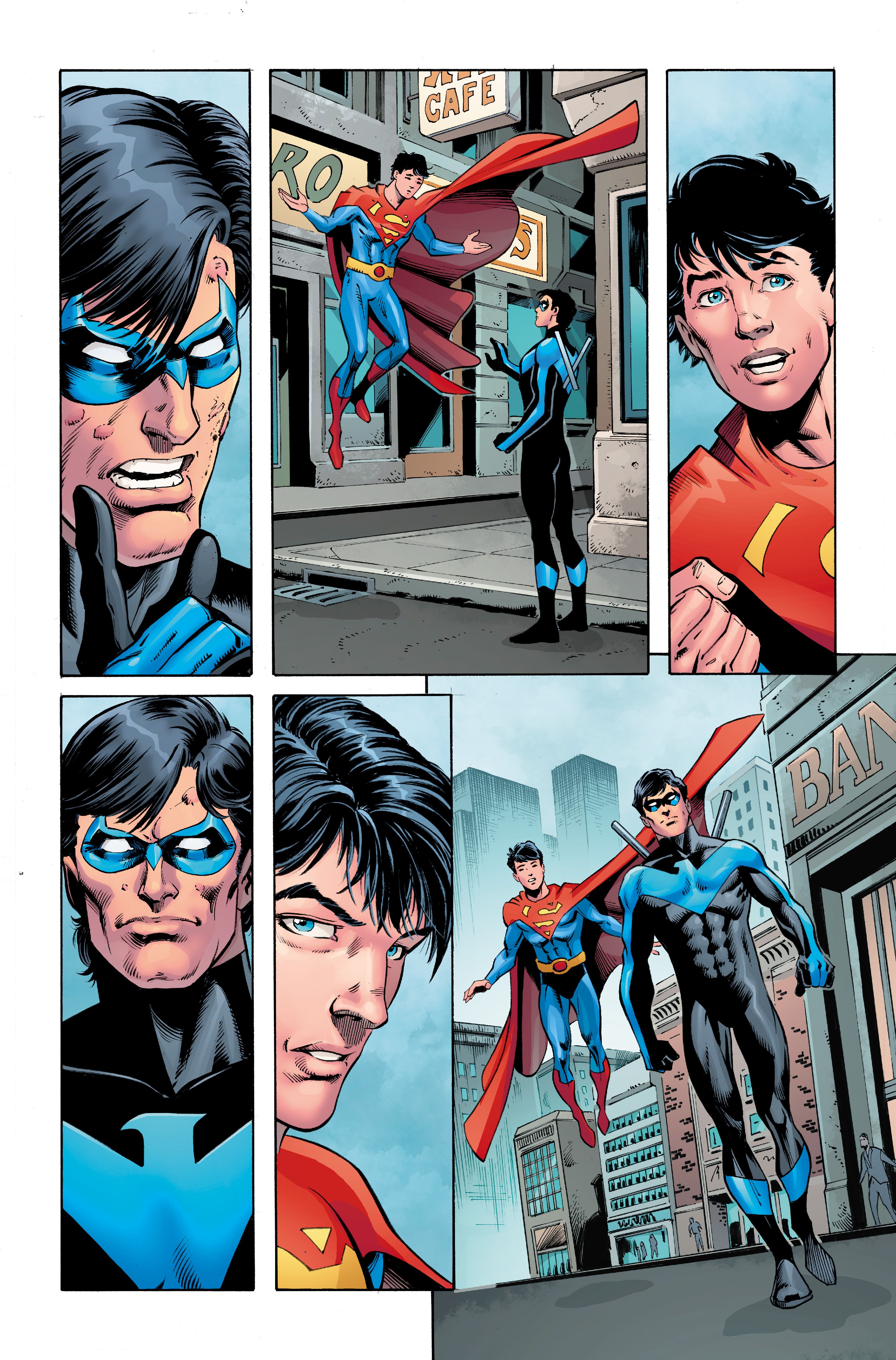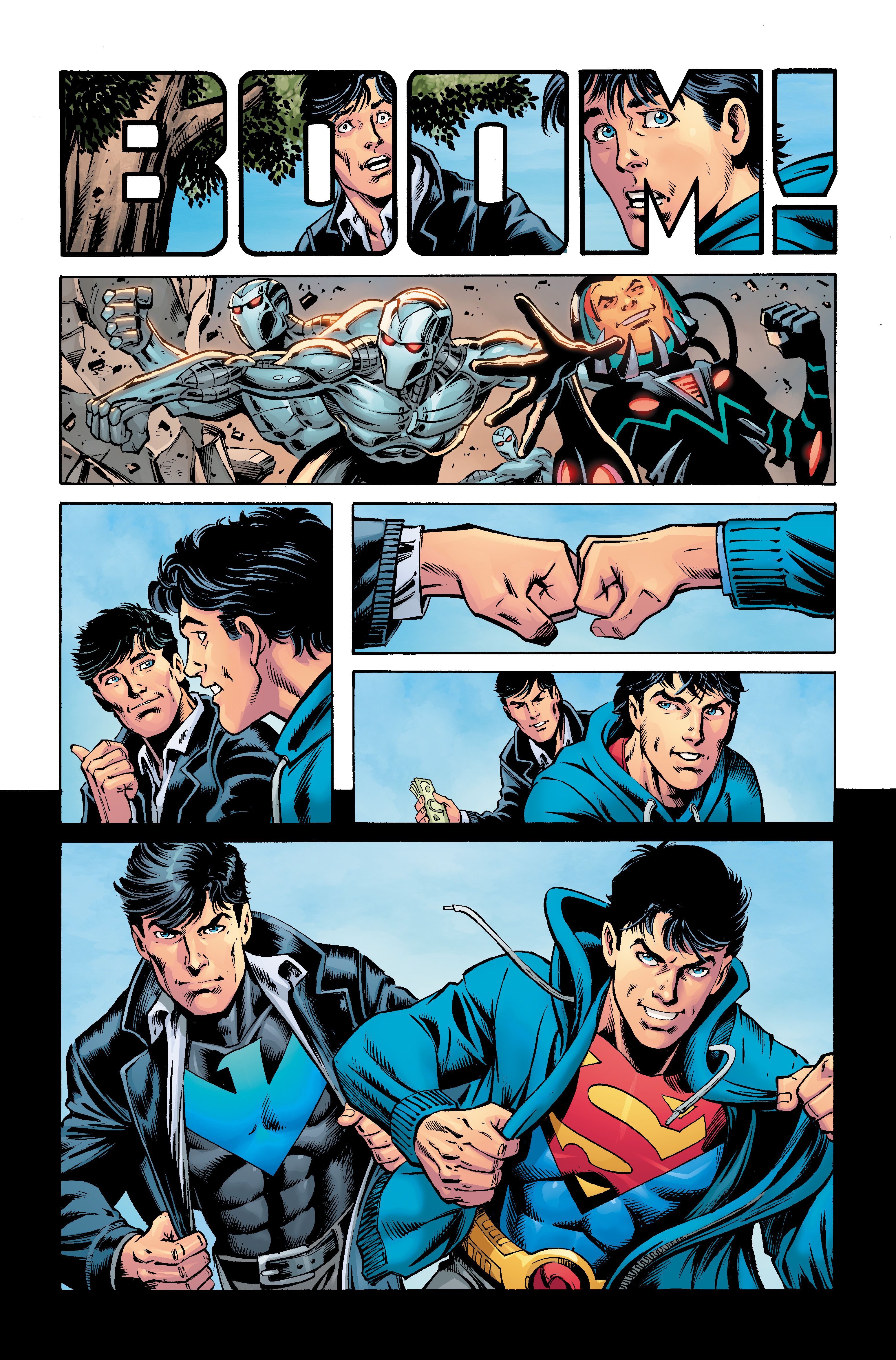The following contains spoilers for Justice League #75, on sale now from DC Comics.
DC's recent "Death of the Justice League" may have brought about the end of one of the world's greatest superhero teams, but it also signals the beginning of an all-new "Crisis" event. The monumental Justice League #75 (written by Joshua Williamson with art by Rafa Sandoval) has been officially confirmed as the prelude to the upcoming Dark Crisis miniseries that has already promised to be a multiverse-altering event in the vein of the classic Crisis on Infinite Earths.
Considered by many to be one of the busiest writers in comics, Joshua Williamson is the man behind the pen for both the final issue of Justice League and the upcoming universe-changing series, as well as a slew of other DC projects, including the current Batman crossover, Shadow War. Nevertheless, the venerable writer managed to clear his schedule for a one-on-one discussion with CBR about the death of DC's premier superhero team and the one-shot leading to the new event, Justice League: Road to Dark Crisis #1.
CBR: What can you tell us about your story in Justice League: Road to Dark Crisis?
Joshua Williamson: My story is about Jon Kent, the new Superman and son of Kal-El. Following the Death of the Justice League, he's freaking out a little bit, so he goes to Nightwing to try and figure out what to do next. I wanted to do a story about the friendship between Jon and Nightwing and how they both react to the idea of death. I'm really fascinated by what death means in comics at this point, and I wanted to do a story about that.
My story is about how everyone kind of turns to Nightwing when things hit the fan and how differently he and Jon react to death. While Jon is emotional and starting to panic, Nightwing is much more calm, and he tries not to show that he is worried. There's a moment in the story where Nightwing reveals that Batman acted like he wasn't worried when Superman died years ago. He also tells the story of how worried Superman was when Batman died years later. As you're reading the story, you realize that both of them are acting in the same way as their respective mentors. I wanted to illustrate those dynamics and talk about what death really means in the DCU.
Do you think Nightwing sees himself in a similar position as Batman, like the pillar of the superhero community?
Nightwing gives a speech in the opening pages of Dark Crisis #1, where he talks about holding the candle that represents a legacy. I think he definitely sees himself that way. We actually deal with this in Dark Crisis, and there's a couple of moments when he talks about the amount of pressure he is under to be a strong leader for everyone. We explore that theme throughout our crisis.
Why did you feel it was important to tell the Dick Grayson/Jon Kent story in Justice League: Road to Dark Crisis?
This story felt like the natural next step after "Death of the Justice League." Where does Jon go when everything hits the fan? He goes to Nightwing. I insisted on starting here because, at the end of the day, the Titans and everyone else are going to turn to Nightwing. That's why it was absolutely important for Jon to talk to Nightwing first.
Let's talk a little about "Death of the Justice League." How did you decide that Black Adam would be the last surviving member of the team?
Other than the fact that he has a movie coming out? [laughs]. I actually had this conversation with Brian Michael Bendis in August about what we were doing and what my plans were for Dark Crisis, and Brian made a comment about Black Adam and how not everyone's going to trust him. He was right. They wouldn't trust Black Adam.
Nightwing is a character who embodies the legacy of the Bat-Family, and Hal Jordan has the Green Lantern Corps, who act as his family. On the other hand, you have someone like Deathstroke, who hates legacy and wants to destroy it all. When it comes to Black Adam, I felt like he was in the middle of those two ideas. He's very conflicted over the idea of legacy, and I wanted to show this person who still keeps the idea of legacy at arm's length.
When all of these new characters are ready to step up, he is the voice of doubt. He is the one who doesn't believe in them and doesn't think they can hack it, and it made sense for Black Adam to judge them that way. Once I started thinking about those ideas, Adam's role in the overall story grew a lot. It started to really make sense -- and he has a movie coming out!
Black Adam doesn't have as extensive a history with the Justice League as many of the other heroes in the DC Universe. Do you think he feels the same level of grief as characters like Jon Kent or Nightwing?
As we go, you're gonna see that he is definitely dealing with survivor's guilt. You can see a little bit of this in Dark Crisis #1. He is also dealing with PTSD from watching all these great heroes die and barely making it out alive. Over the course of Dark Crisis, we'll begin to see just how much all of that really affected him.
Justice League: Road to Dark Crisis features the story "Team-Up" by Joshua Williamson and Dan Jurgens. The issue is on sale May 8 from DC Comics.

